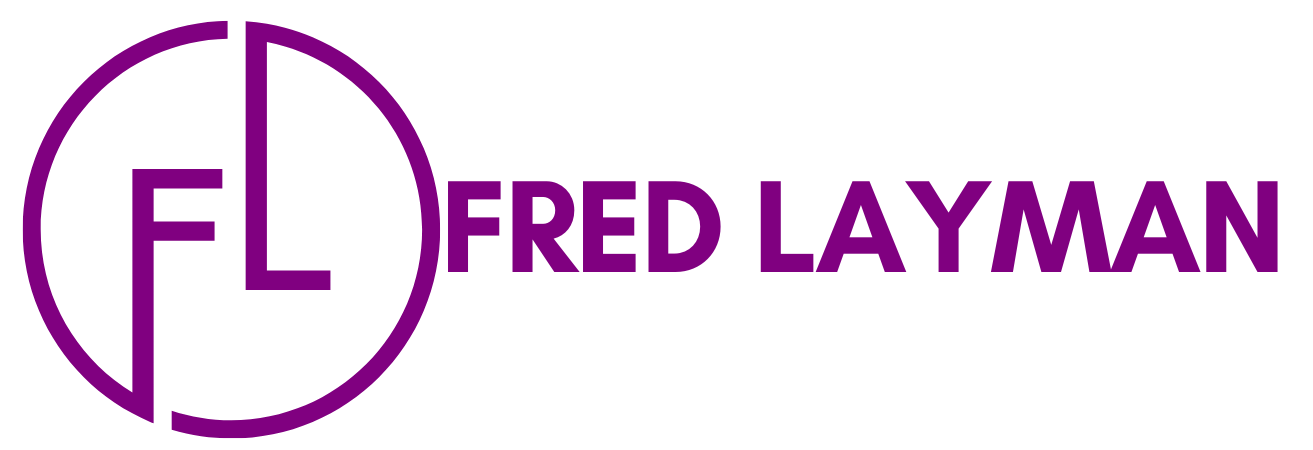Welcome to our definitive guide on organizing a successful fundraising event! Whether you’re a seasoned event planner or a beginner looking to make a difference, this resource will equip you with the knowledge and strategies you need to plan, execute, and maximize the impact of your fundraising efforts. From setting clear objectives to leveraging technology for outreach and donations, we’ll cover everything you need to know to host a memorable and effective event.
Setting Objectives
The first step in organizing any successful fundraising event is to define clear objectives. What do you hope to achieve? Are you raising funds for a specific cause or project? Do you aim to raise awareness, engage the community, or foster relationships with donors? By setting SMART (Specific, Measurable, Achievable, Relevant, Time-bound) objectives, you’ll provide clear direction for your event planning efforts and measure your success effectively.
Choosing the Right Event
Once you’ve established your objectives, it’s time to choose the type of fundraising event that aligns with your goals and target audience. From galas and auctions to walkathons and online campaigns, there are countless options to consider. Evaluate factors such as budget, resources, venue availability, and the preferences of your supporters to select the format that best suits your needs.
Planning and Logistics
With your objectives defined and event type chosen, it’s time to dive into the nitty-gritty of event planning. Create a detailed timeline outlining key milestones and tasks leading up to the event, including securing sponsors, booking vendors, promoting the event, and managing registrations. Pay close attention to logistics such as venue selection, catering, audiovisual equipment, and permits to ensure a seamless experience for attendees.
Engaging Supporters
Effective communication and engagement are essential to the success of any fundraising event. Leverage a variety of channels, including social media, email newsletters, and personal outreach, to generate excitement, attract attendees, and encourage donations. Consider creating compelling content such as videos, testimonials, and impact stories to connect with your audience emotionally and inspire action.
Maximizing Donations
Ultimately, the success of your fundraising event hinges on your ability to generate donations. Make it easy for supporters to contribute by offering multiple donation options, including online platforms, mobile apps, and traditional methods such as cash and checks. Implement fundraising strategies such as matching gifts, peer-to-peer fundraising, and donation incentives to incentivize generosity and maximize your fundraising potential.
Post-Event Follow-Up
Once the dust has settled and the event is over, it’s time to express gratitude to your supporters and evaluate your success. Send personalized thank-you notes to donors, volunteers, and sponsors, acknowledging their contributions and the impact they’ve made. Take stock of your event metrics, including funds raised, attendance numbers, and engagement levels, to identify areas of improvement and inform future event planning efforts.
Conclusion
Organizing a fundraising event can be a challenging but rewarding endeavor. By setting clear objectives, choosing the right event format, and executing a well-thought-out plan, you can make a meaningful impact and advance your cause. Remember, success doesn’t happen overnight – it takes dedication, creativity, and perseverance. With the right strategy and support, you can master the art of fundraising and make a difference in your community and beyond.
Fred Layman – Founder and Chief Operations Officer



